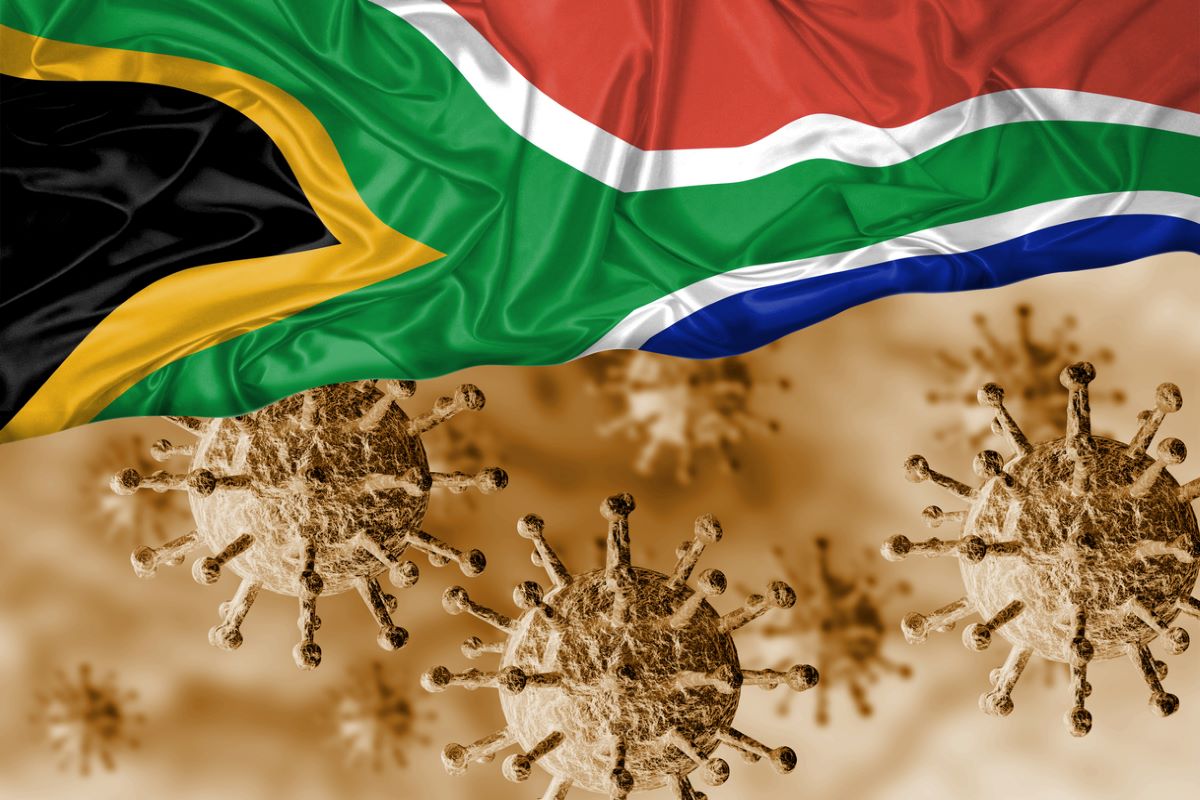Perhaps the fact that the Omicron variant emerged in South Africa was a reminder that a continent deprived of vaccines by the rest of a selfish world has the potential to shake richer nations out of their complacency, if not by an appeal to their good sense than by preying on their fears. As America and Europe get convulsed by a fresh wave of infections, it is time to reflect on the state of vaccinations in the African continent, several of whose countries have inoculated less than 10 per cent of their populations, within the larger context of inequities.
Tanzania, Mali and Ethiopia have sizable populations of whom less than two per cent have been vaccinated. Nigeria and Uganda do not fare much better, neither do Senegal, Zambia, Somalia and Mali. Indeed, the World Inequality Report that late last year brought out the divisions in today’s world in economic terms could have made the same point just as substantially had it focused solely on the state of Covid vaccinations.
The divide is stark and shows us that within the same world where some countries have announced a fourth dose of the vaccine, there are others where people have not received even one. And to that extent, these countries make up the powder keg on which the rest of the world sits.
Indeed, as 2022 has dawned, with not much to offer except further waves of disease and deprivation, it is time, as argued by a distinguished writer in these columns, for a meaningful global discourse on the redistribution of wealth to ensure that the rich stop getting richer at quite the pace they have set for themselves, and the poor are shielded at the very least from the worst facets of their poverty.
Humankind has not accomplished very much if the top 10 per cent control 76 per cent of the world’s wealth and the bottom 50 per cent possess only 2 per cent. If this is the outcome of centuries of endeavour, clearly the human race has missed a trick or three. These disparities are never as stark when seen against the backdrop of vaccinations, regardless of how efficacious they might be. When, to this far from edifying picture, we add the privations caused by frequent dislocations to life and livelihood brought on by the measures that the flailing but status quoist state takes to control the disease, it serves to widen the divide.
For while the affluent have the luxury of working from home, the less privileged lack even homes to seek refuge in. Add to this mix the tensions between nation-states and the wedges driven between people on grounds of race and religion, and it is difficult not to conclude that the elaborate games that dominate headlines are aimed only at diverting attention from the greatest divide that exists ~ the one between rich and poor. If nothing else, let us resolve this year to begin addressing this divide.












